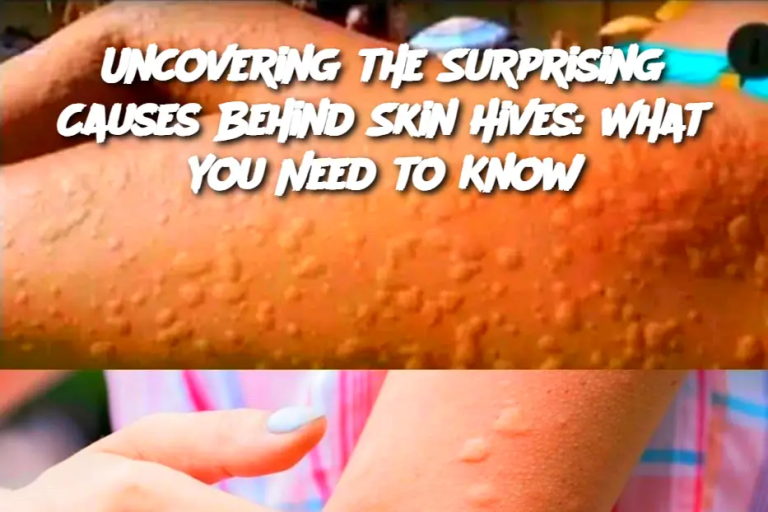Cold-induced Urticaria: In cases where hives are triggered by cold temperatures, consider dressing in layers during colder months or avoiding cold drafts.
Exercise-Induced Urticaria: If physical activity triggers hives, try cooling down slowly after exercise or opting for gentler activities like yoga to reduce the chance of hives developing.
Frequently Asked Questions:
Q: Can stress cause hives? A: Yes, emotional or physical stress can trigger hives by causing the body to release histamine, a substance that leads to skin reactions.
Q: Are hives contagious? A: No, hives are not contagious. They are a result of an allergic reaction, stress, or another underlying condition, and they cannot be spread from person to person.
Q: How long do hives usually last? A: Most hives will disappear on their own within 24 to 48 hours. However, if they persist longer or reappear frequently, it may be time to seek medical advice.
Q: Can certain foods cause hives? A: Yes, certain foods, like nuts, shellfish, dairy, and eggs, are common allergens that can trigger hives in sensitive individuals.
Q: Is there a way to prevent hives? A: Identifying and avoiding triggers such as certain foods, medications, and environmental factors can help prevent hives. Managing stress and practicing good skincare habits can also help reduce the likelihood of flare-ups.
By understanding these surprising causes of hives and how to address them, you can better manage and prevent their occurrence. Always listen to your body and consult with a healthcare provider if you notice any unusual or recurring skin reactions.
